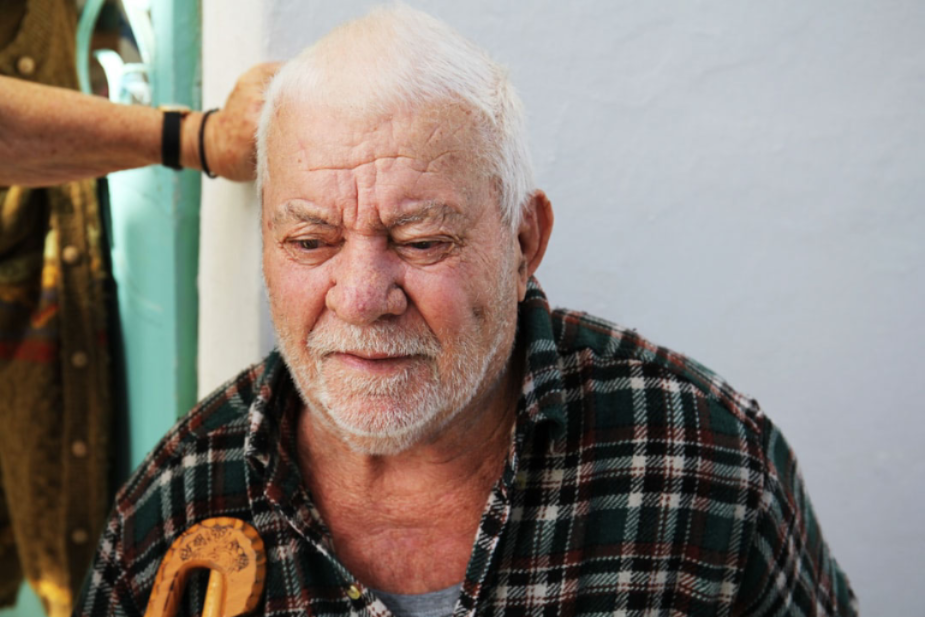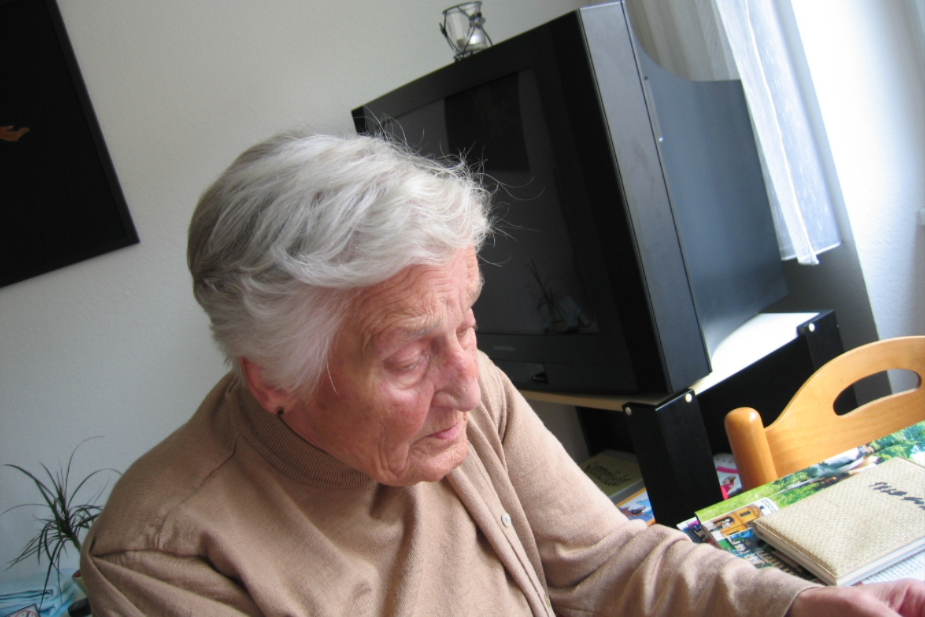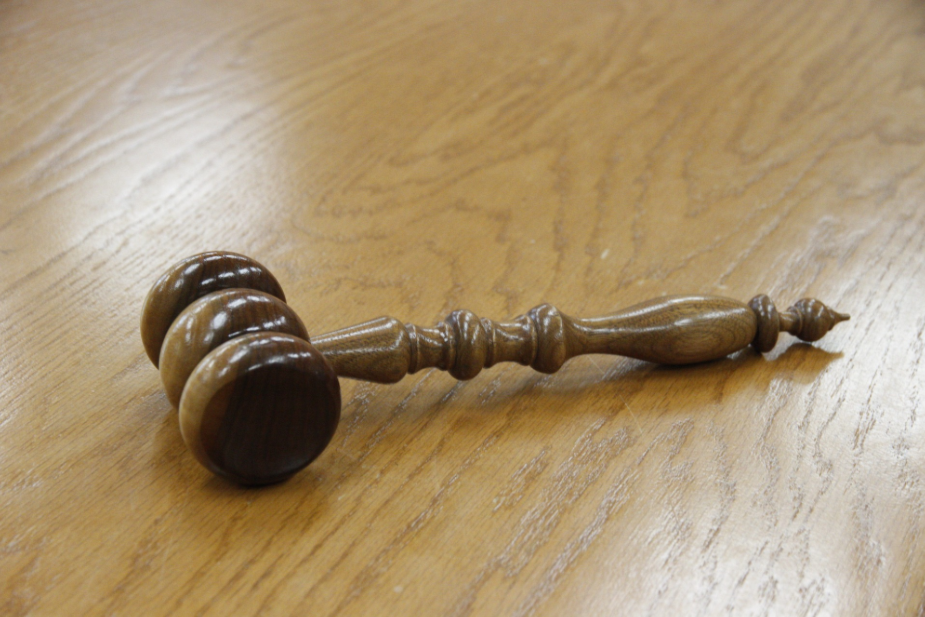How Can You Prove Elder Abuse in a Nursing Home?
Nursing homes are supposed to be safe, caring place for elderly loved ones. Unfortunately, that’s not always the case and elder abuse is a growing concern in many states, Georgia included. Proving elder abuse in a nursing home may be difficult for less-aware seniors, but there are ways to prove it for criminal and civil liability purposes with the right elder care attorney.

There are six types of elder abuse:
- Physical abuse, which involves bodily harm like hitting or pushing. Bed sores may also be a sign of physical abuse.
- Emotional, or psychological, abuse includes threats, yelling, and manipulation.
- Financial abuse occurs when money or belongings are stolen, and can include check forgery and identity theft.
- Neglect includes anytime a caregiver ignores the senior’s needs. Bed sores are a sign of medical neglect.
- Abandonment occurs when a senior in need of care is left alone with no appropriate substitute caregiver.
- Sexual abuse includes any time a caregiver forces the senior to watch or engage in sexual acts.
How to Prove Elder Abuse or Neglect in a Trial
You will need to prove three main points in an elder abuse or Neglect case against a nursing home.
- The care contract showed the nursing home owed care to the patient.
- Those duties were breached. (This will require documentation.)
- Your elder family member was injured as a result of that abuse or neglect.
Applicable evidence depends on the type of elder abuse. Physical injuries are easiest to prove, as long as an incident report was completed at the time of the injury. Photos of bruises should be documented as thoroughly as possible, along with documentation from medical staff and family members.
Maintaining notes of conversations with nursing home or medical staff are also acceptable evidence, along with written observations from family members. If the senior is cognizant, it’s recommended that they maintain notes of everything they experience as soon as they can. In the alternative, it is important for you, as a trusted loved one, to record or memorialize what they are able to tell you about the incident.
Other types of abuse can be more difficult to prove, but any documents like bank statements, letters, or observations from family members can help provide the proof an elder care attorney needs for the case.

Bringing a Civil Lawsuit for Elder Abuse
Unlike a criminal lawsuit, civil lawsuits involve settlements and trials instead of sentences. The result is, more often than not, money being awarded to the injured party since we cannot “undo” what has been done. This is the only fair compensation to be had in many cases. If you have chosen to pursue a civil lawsuit for elder abuse or neglect and are seeking damages, it’s important that your elder care attorney determines and sets damages for physical and mental pain and suffering as well as the cost of necessary medical treatment.
An experienced attorney will look at the evidence, hear your story, and determine a suitable amount with which to begin negotiations. Cases are complex and unique, but by working with the right attorney you can ensure your elder family member receives the best resolution possible.
To begin helping your family heal from elder abuse or neglect, please call us at (678) 738-0056. Our team of compassionate, experienced elder care professionals will ensure that you have the best resolution possible based on the facts of your case. We answer the phone 24/7 and look forward to speaking to you.




